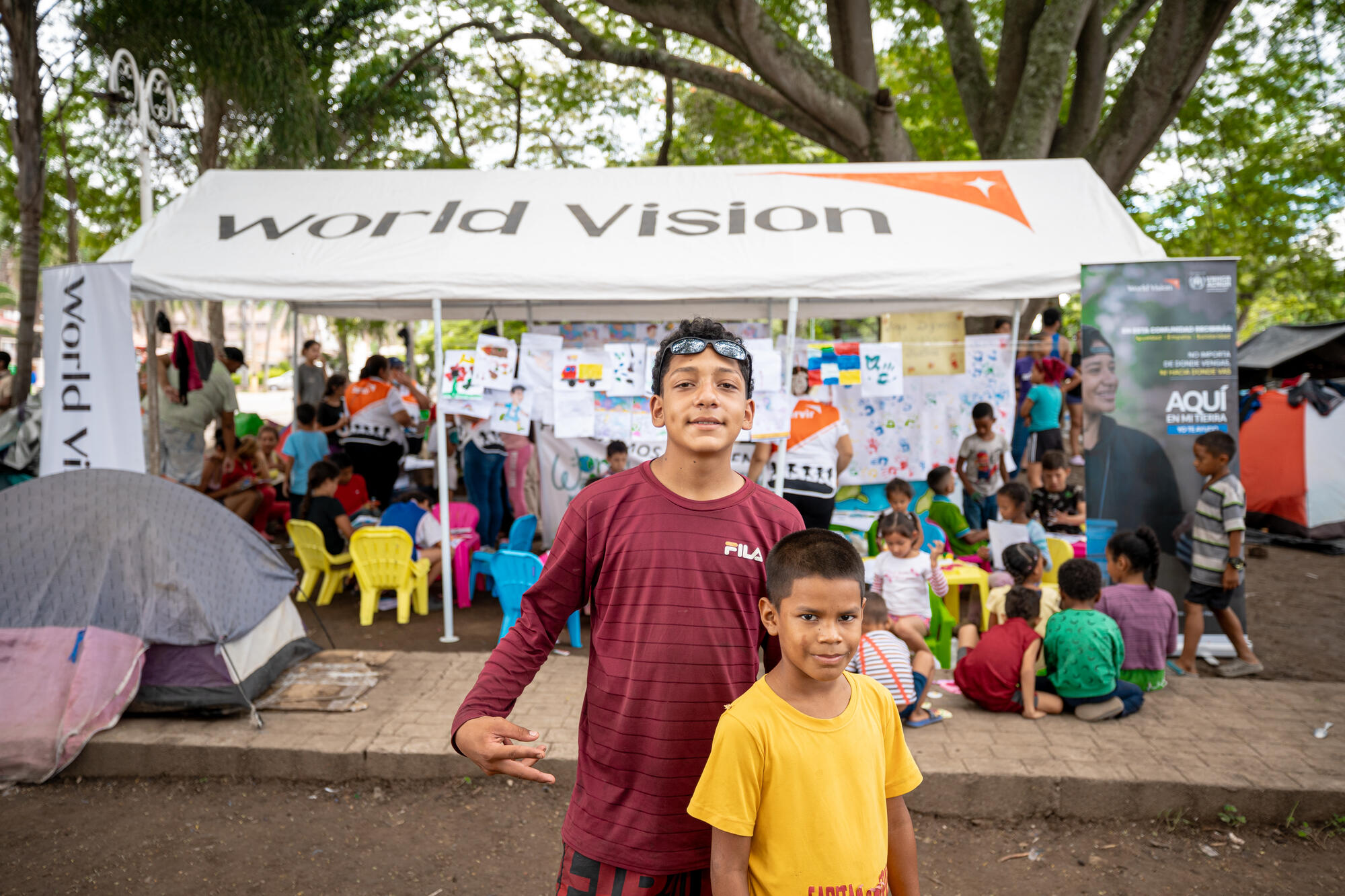Estimated read time: 3 minutes
This May, during Mental Health Awareness Month, we’re reminding our leaders about harmful impact of violent conflict, extreme poverty, and displacement have on children’s mental health. Here are the answers to six frequently asked questions about mental health, vulnerable children, and the MINDs Act.
1. What is the MINDs Act?
The Mental Health in International Development and Humanitarian Settings Act (MINDs) is the first bill of its kind to deal exclusively with mental health programs in international humanitarian aid and development. Supported by World Vision, the bill is a big step toward understanding and meeting the mental health needs of the world’s most vulnerable children.
2. Why are mental health services important for children?
Around the world, 449 million children are living in an area affected by violent conflict and 1 in 2 children experience a form of violence themselves. Traumatic events like experiencing violence, hunger, or being forced to leave home have lifelong effects on a child’s mind and harm every area of a child’s life.
We know from research that the sooner children and families receive help the greater the hope of recovery. That’s why World Vision is including mental health services, child-friendly spaces to play and learn, and access to social workers in our responses to disaster and violent conflict.

3. How will the bill help?
The MINDs Act would recognize mental health services as an important part of protecting children. It creates a framework for how to include commonsense and cost-effective mental health supports into humanitarian responses to conflict and natural disasters. By coordinating efforts and prioritizing collecting and learning form data, the bill would help both humanitarian organizations like World Vision and government agencies better understand families’ mental health needs and how to meet them.
4. Is the MINDs Act bipartisan?
Yes! The MINDs Act is currently being led by Rep. Susan Wild (D-PA) and Rep. Joe Wilson (R-SC) in the House and Sen. Bob Casey (D-PA) in the Senate and is supported by cosponsors from both parties.
449 million children are living in an area affected by violent conflict.
5. How much will it cost?
The MINDs Act requires no additional funding. Instead, the bill outlines how current funding can be stewarded more effectively to meet mental health needs.
6. How can I help?
Advocating and raising awareness about the MINDs Act is quick and easy. It takes about a minute to show your support and ask your senators and representatives to cosponsor the bill.


